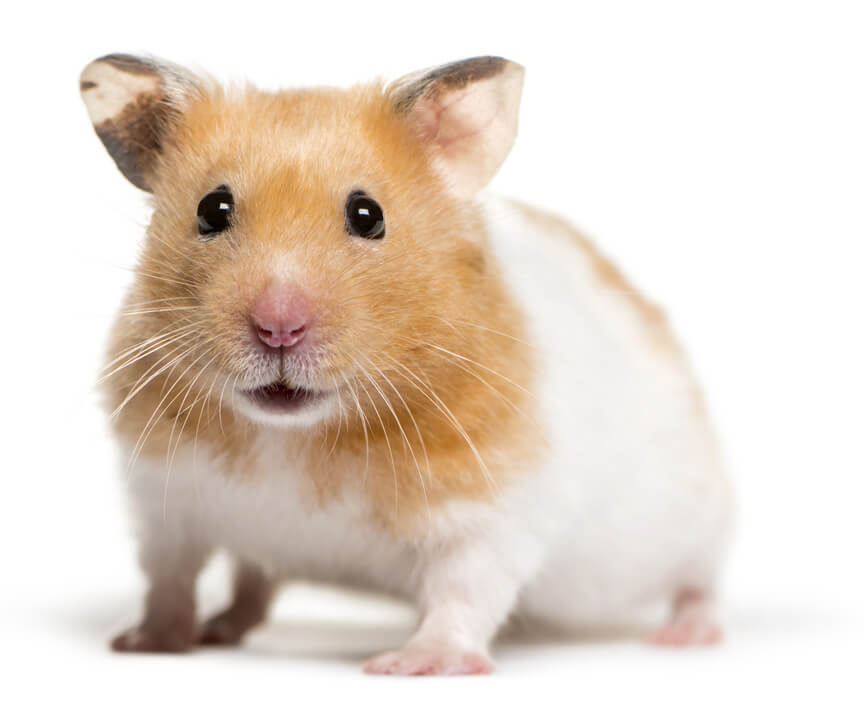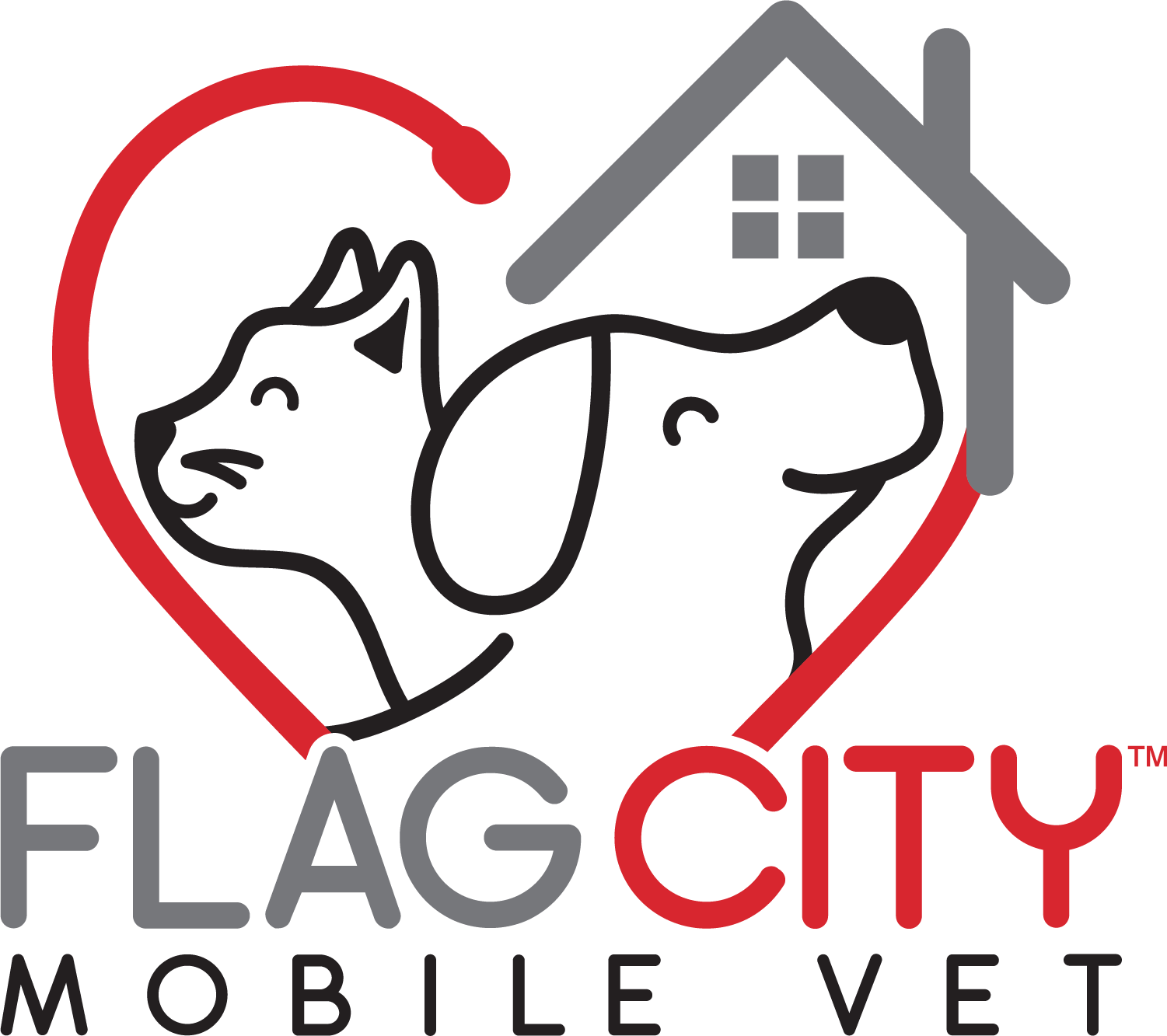Pocket Pet and Rabbit Vet in Hancock County
While pocket pets and rabbits are smaller and have shorter lifespans than many dogs and cats, they still need regular checkups to help them stay healthy. Dr. Katie Frederick is able to provide wellness exams, blood work, nutritional recommendations, and more to support your pet and empower you to make informed decisions regarding their care. As a mobile vet, Dr. Frederick can bring her services to you and give you and your rabbit or pocket pet complete, one-on-one attention to answer all your questions, resolve your concerns, and make sure your companion is healthy and happy.
If you have a rabbit or other pocket pet and need a vet to come to your home, contact us today at (419) 434-1234.
Rabbit Vet Care
Rabbits can be very playful, affectionate companions, and they have many unique needs that require plenty of research for new rabbit owners. There are a lot of things to consider, such as:
- Living arrangements
- How to rabbit-proof your home to keep them safe
- Spaying or neutering
- Balanced nutrition
- Litter box training
- Toys (for playing and chewing)
- Handling
- Common health issues and how to recognize them
Rabbit Nutrition
A poor diet can lead to a variety of health issues in your rabbit. Their digestive systems are both complex and sensitive, so it’s important to consult with your vet to make sure they’re eating the right things. The staples of a balanced rabbit diet include:
- Timothy hay (fiber-rich and beneficial to the digestive system)
- Dark, leafy greens such as romaine lettuce, cilantro, parsley, dandelion greens, arugula, and endive (variety is recommended, try giving your rabbit 3-4 different greens per serving)
- Some of the best treats for rabbits include carrots, blueberries, strawberries, and melons
- Pellets can also supplement your rabbit’s diet of hay and leafy greens, but should be given in small amounts, and derived from Timothy hay
- Like any pet, rabbits need a constant supply of fresh water, which should be changed at least once daily
Pocket Pet Care
Pocket pets include ferrets, sugar gliders, chinchillas, rats, hamsters, gerbils, mice, and guinea pigs. These critters all have specific needs in order to live healthy lives. Some of the most important topics we’d like to discuss with you to meet those needs include:
- Proper nutrition
- Housing conditions
- Dental care
- Safety/pet-proofing
- Handling
- Common illnesses and how to prevent them

